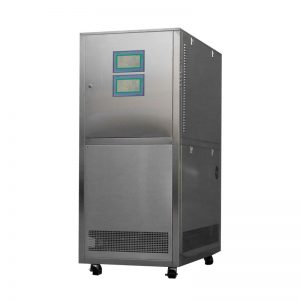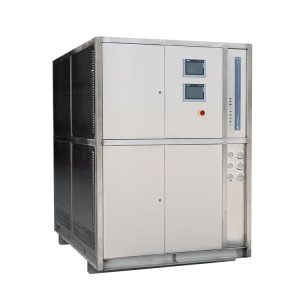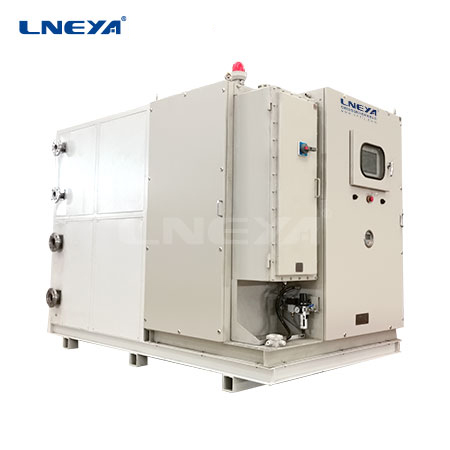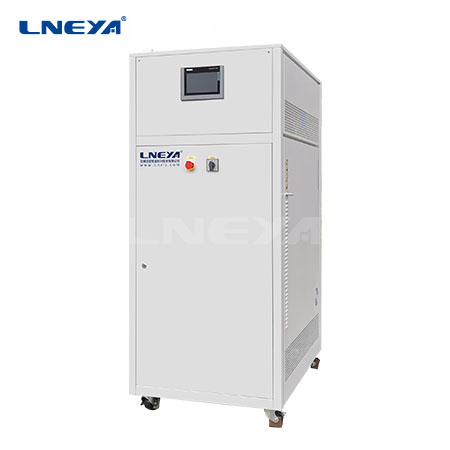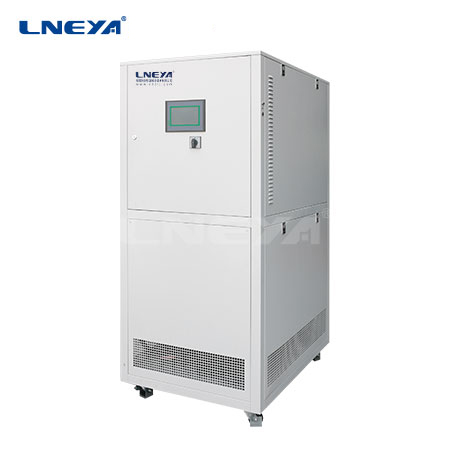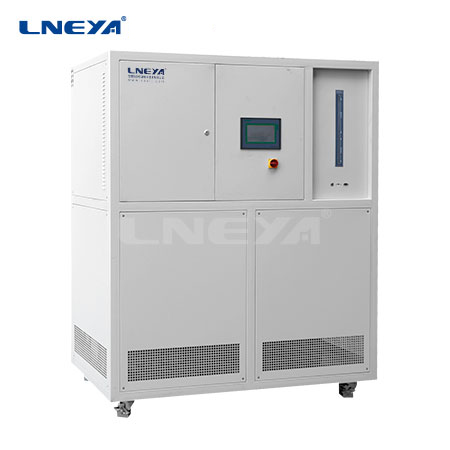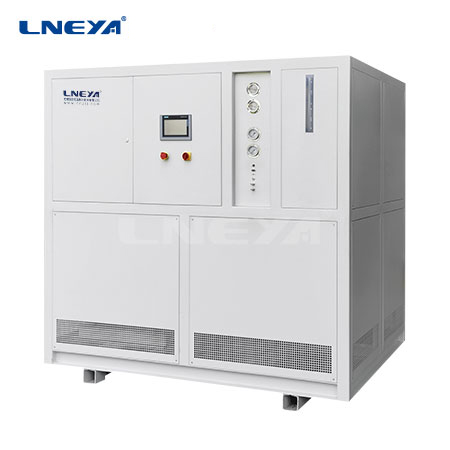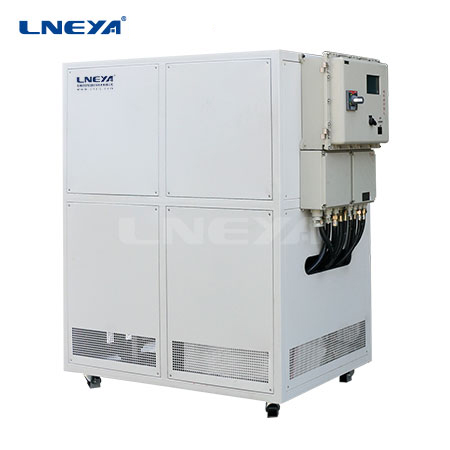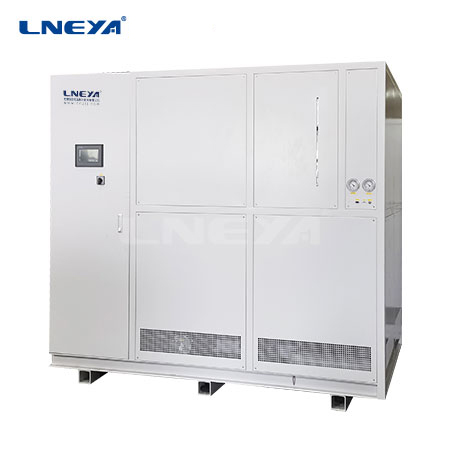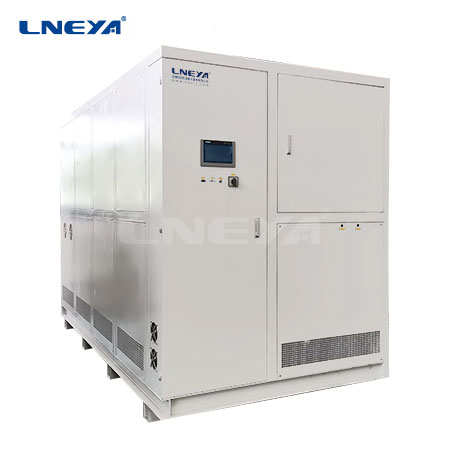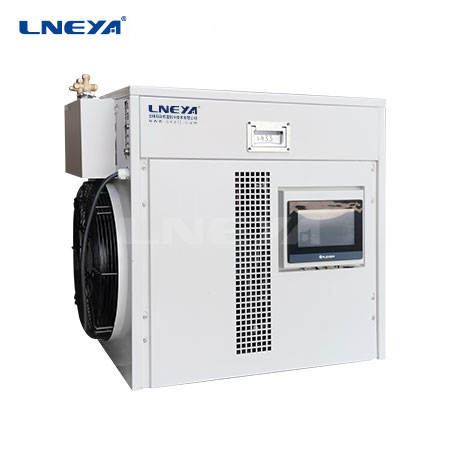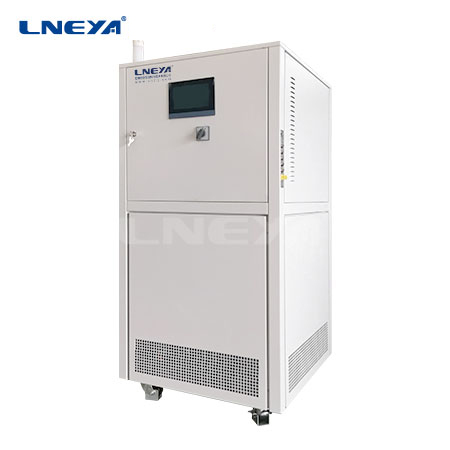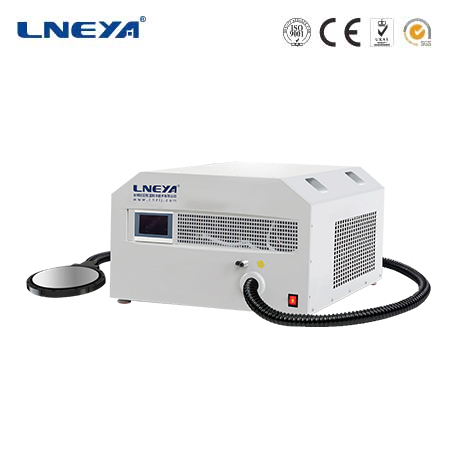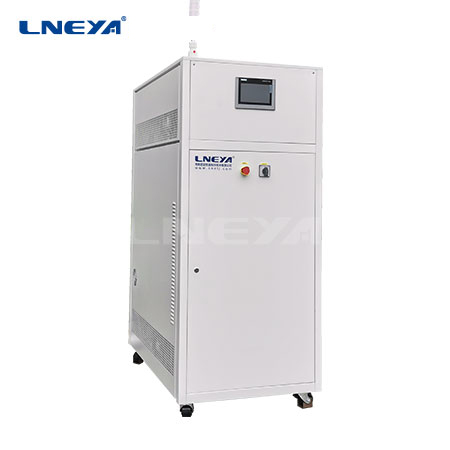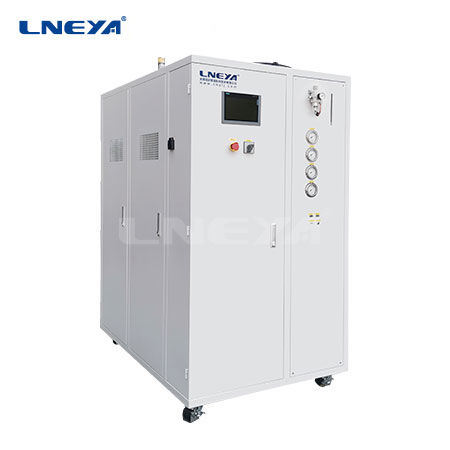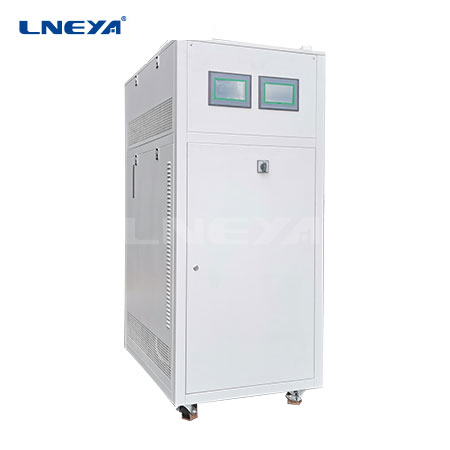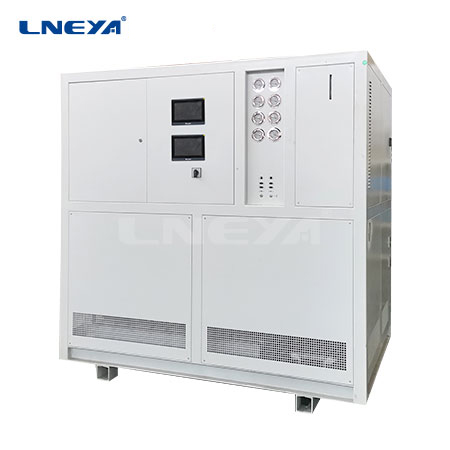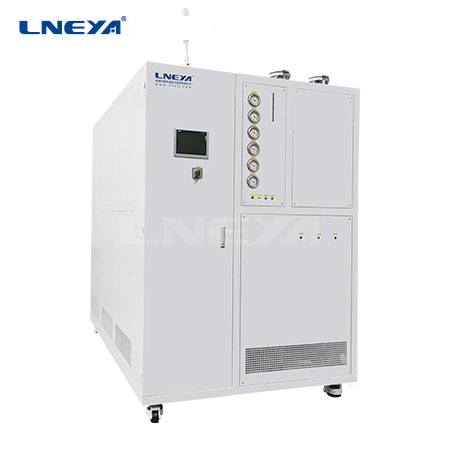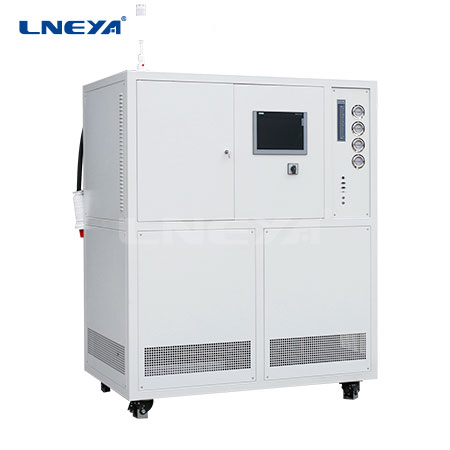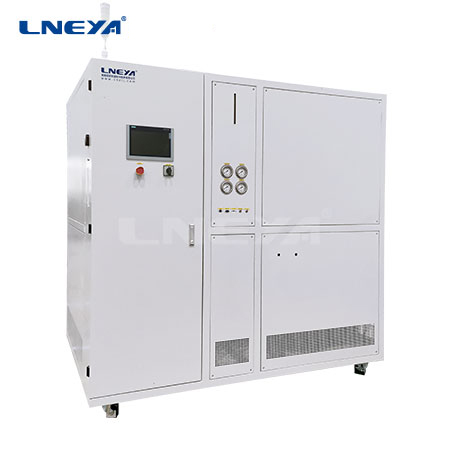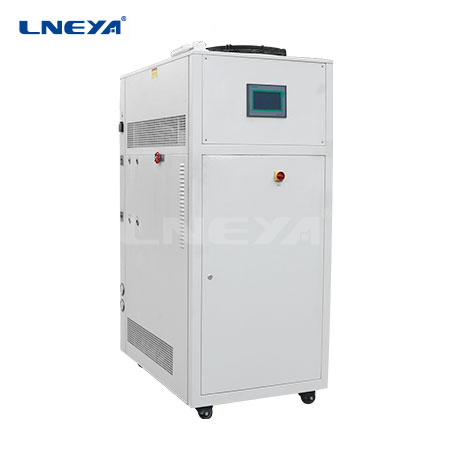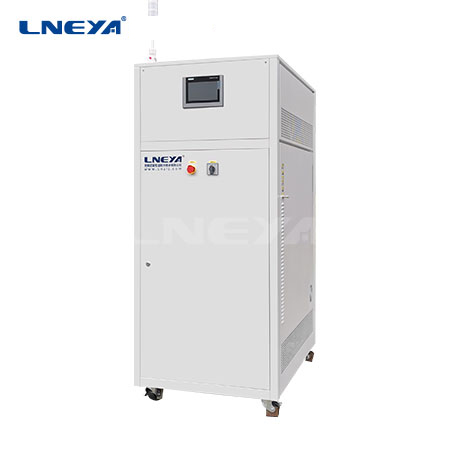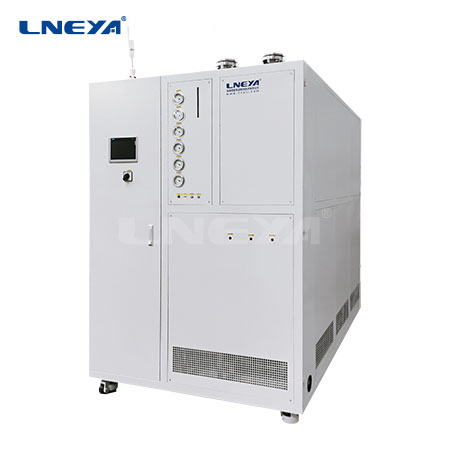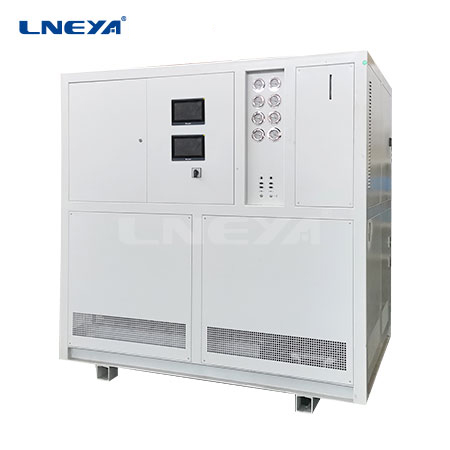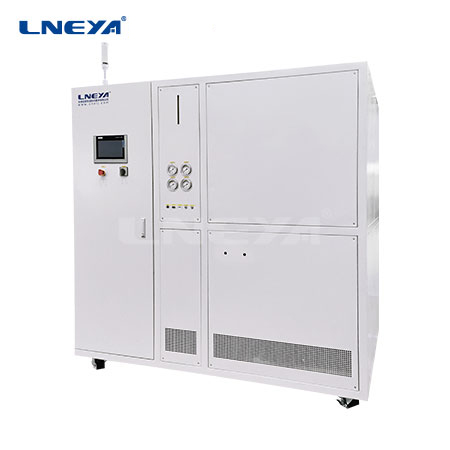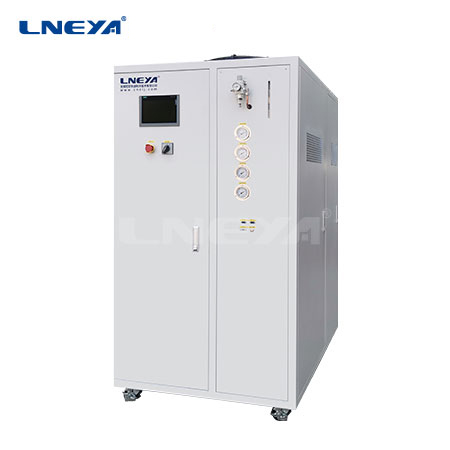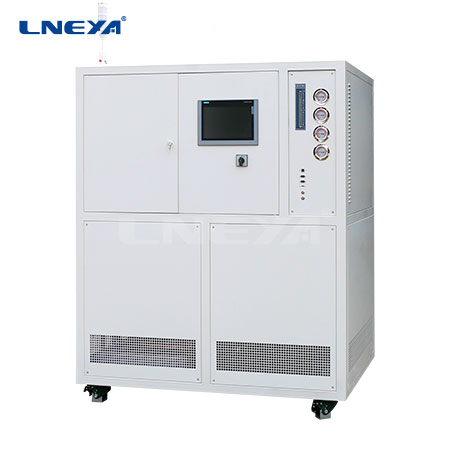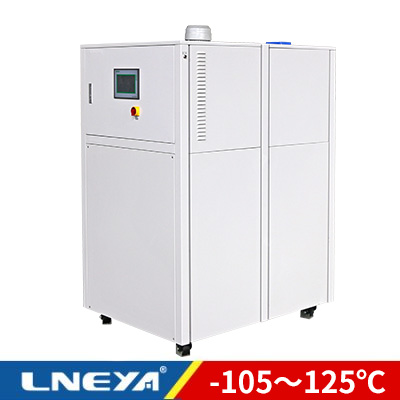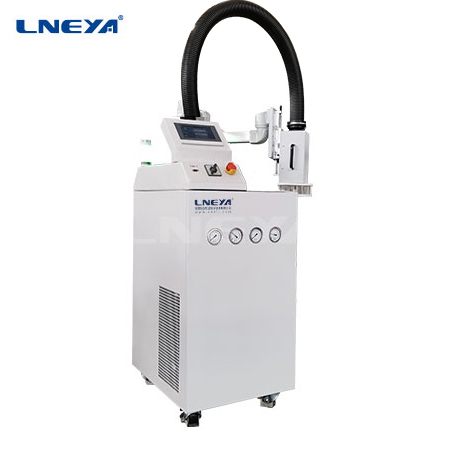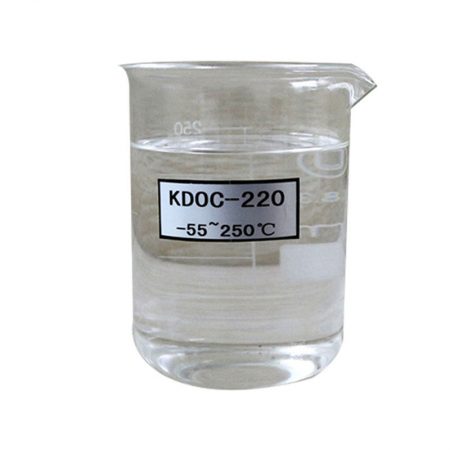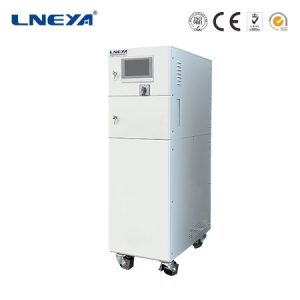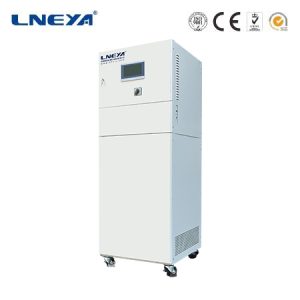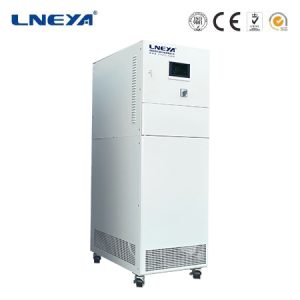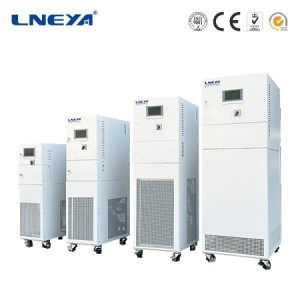Understanding Industrial Heaters for Optimal Temperature Control
Industrial heaters play a vital role in maintaining the necessary temperature levels in various manufacturing processes. They are designed to provide consistent and controlled heat, ensuring the efficiency and quality of industrial operations. This article delves into the different types of industrial heaters, their working mechanisms, and the factors to consider when selecting the appropriate heater for specific applications.
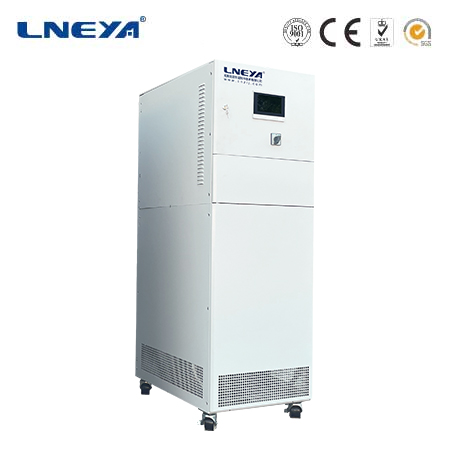
Types of Industrial Heaters
Electric Heaters: These heaters use electrical energy to generate heat. They are available in various forms, such as strip, band, cartridge, and immersion heaters.
Gas-Fired Heaters: These heaters use natural gas or propane as a fuel source. They are known for their high heat output and efficiency.
Infrared Heaters: Infrared heaters emit heat through electromagnetic radiation, providing targeted heat without affecting the surrounding air temperature.
Steam Heaters: These heaters use steam as a heat transfer medium, providing uniform heat distribution in large spaces or processes.
Induction Heaters: Induction heaters generate heat through electromagnetic induction, offering precise temperature control and energy efficiency.
Working Principles of Industrial Heaters

The working principle of an industrial heater depends on its type:
Electric Heaters: They convert electrical energy into heat through resistive elements.
Gas-Fired Heaters: They burn gas to produce heat through combustion.
Infrared Heaters: They emit infrared radiation that is absorbed by the surface of the object to be heated.
Steam Heaters: They transfer heat through the condensation of steam on the surface of the object.
Induction Heaters: They generate heat through the induction of an alternating current in the object to be heated.
Applications of Industrial Heaters
Industrial heaters are used in a wide range of applications, including:
Plastics Processing: For melting and molding plastic materials.
Metal Treatment: For heat treating and annealing metals.
Chemical Processing: For maintaining reaction temperatures in chemical reactions.

Food Processing: For cooking, baking, and pasteurization processes.
Selecting the Right Industrial Heater
When selecting an industrial heater, consider the following factors:
Heat Output: Ensure the heater can provide the required heat output for the process.
Energy Efficiency: Choose heaters with high energy efficiency to reduce operating costs.
Safety Features: Opt for heaters with built-in safety features to minimize the risk of accidents.
Maintenance Requirements: Select heaters with low maintenance needs for easier operation and reduced downtime.
Conclusion
Industrial heaters are essential for maintaining optimal temperatures in various manufacturing processes. Understanding the different types, working principles, and applications of industrial heaters is crucial for selecting the right heater for specific needs. By considering factors such as heat output, energy efficiency, and safety features, manufacturers can ensure process efficiency and product quality.
 LNEYA
LNEYA
 简体中文
简体中文










